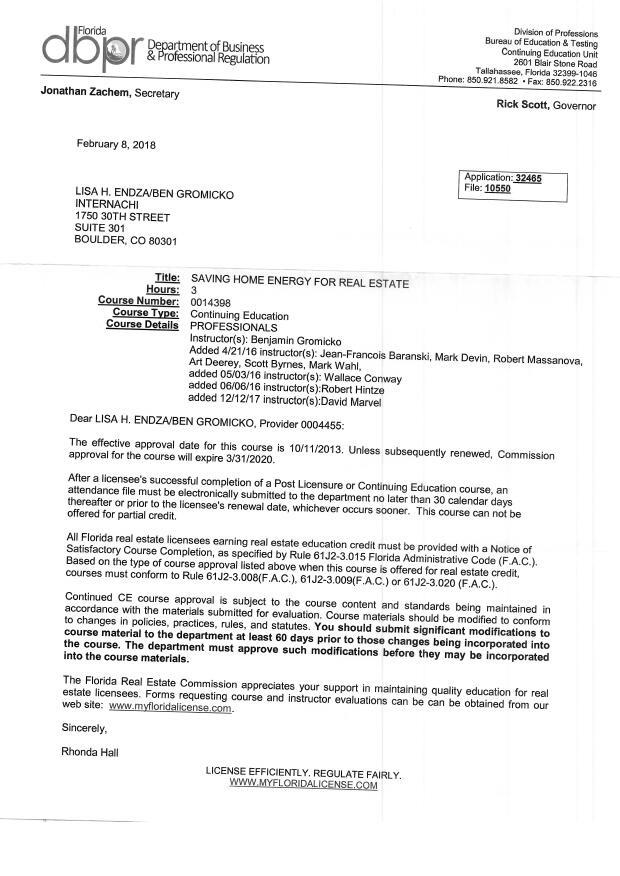
What is the difference between real estate agents and brokers? Both have different functions so here are some differences. Working with an agent and broker is a good idea, regardless of whether you are looking for a home to buy or to sell. Both are equally valuable. The decision is up to you. Learn more in our broker vs agent comparison article.
Real estate agent
While there are some differences between agents and brokers, both are essential to a successful home buying experience. Brokers handle legalities while buyers' agents negotiate offers and find properties. Brokers can also hold escrow money and assist with the paperwork. The role of a buyer's agents is to help buyers navigate the buying process and find the perfect house. Some jurisdictions call agents brokers.

Real estate agents are licensed salespeople. Realtors are licensed to sell real estate. Both types must hold real estate licenses. They must follow a strict code. Real estate agents have to be members of NAR, which requires them to adhere strictly to the code of conduct. A broker is a licensed real-estate agent. They are thus very different.
Buyer's agent
Your personal situation should determine which broker or buyer's agent you choose. Legally, the broker must represent the buyer's best interest. The buyer's agent on the other side has a fiduciary obligation to the seller. Because buyer's agents have the benefit of an outsider's perspective, they are often better suited to assist buyers. However, buyers need to understand the pros and cons of working alongside a buyer's representative.
A buyer's agent provides a range of services including market analysis, evaluation of comparable sales and determining the value of the property based on its features. He or she can assist with contract terms or preparations such as the co-op package. A buyer's agent also assists in navigating the speed bumps that can derailing a deal. You can avoid costly errors by having an agent help you navigate the speed bumps.
Insurance broker
If you're looking to buy insurance, deciding between an insurance broker and an agent can be an important decision. An insurance agent must be licensed by the state. Agents are often tied to one or two insurance companies. Brokers can help you compare and shop around, which will save you time and money. Here are a few reasons why you should choose an insurance broker.

The biggest difference between an independent insurance agent and an agency is the representation. While an agent represents an insurer an broker represents an insurance buyer. A broker may represent one insurance company or all of them. A broker can represent multiple insurance companies and has a wider network of contacts. However, insurance agents can represent one particular insurer, while a broker represents many. This is a significant difference.
FAQ
What are the disadvantages of a fixed-rate mortgage?
Fixed-rate mortgages tend to have higher initial costs than adjustable rate mortgages. Also, if you decide to sell your home before the end of the term, you may face a steep loss due to the difference between the sale price and the outstanding balance.
Do I need a mortgage broker?
A mortgage broker is a good choice if you're looking for a low rate. Brokers can negotiate deals for you with multiple lenders. Some brokers do take a commission from lenders. Before you sign up for a broker, make sure to check all fees.
How many times can my mortgage be refinanced?
It all depends on whether your mortgage broker or another lender is involved in the refinance. In both cases, you can usually refinance every five years.
Statistics
- Based on your credit scores and other financial details, your lender offers you a 3.5% interest rate on loan. (investopedia.com)
- Private mortgage insurance may be required for conventional loans when the borrower puts less than 20% down.4 FHA loans are mortgage loans issued by private lenders and backed by the federal government. (investopedia.com)
- 10 years ago, homeownership was nearly 70%. (fortunebuilders.com)
- Some experts hypothesize that rates will hit five percent by the second half of 2018, but there has been no official confirmation one way or the other. (fortunebuilders.com)
- It's possible to get approved for an FHA loan with a credit score as low as 580 and a down payment of 3.5% or a credit score as low as 500 and a 10% down payment.5 Specialty mortgage loans are loans that don't fit into the conventional or FHA loan categories. (investopedia.com)
External Links
How To
How to find an apartment?
The first step in moving to a new location is to find an apartment. Planning and research are necessary for this process. It involves research and planning, as well as researching neighborhoods and reading reviews. This can be done in many ways, but some are more straightforward than others. Before you rent an apartment, consider these steps.
-
Researching neighborhoods involves gathering data online and offline. Online resources include Yelp and Zillow as well as Trulia and Realtor.com. Local newspapers, real estate agents and landlords are all offline sources.
-
Review the area where you would like to live. Yelp, TripAdvisor and Amazon provide detailed reviews of houses and apartments. You can also check out the local library and read articles in local newspapers.
-
You can make phone calls to obtain more information and speak to residents who have lived there. Ask them about what they liked or didn't like about the area. Ask if they have any suggestions for great places to live.
-
Take into account the rent prices in areas you are interested in. You might consider renting somewhere more affordable if you anticipate spending most of your money on food. You might also consider moving to a more luxurious location if entertainment is your main focus.
-
Find out information about the apartment block you would like to move into. It's size, for example. What is the cost of it? Is it pet-friendly? What amenities do they offer? Do you need parking, or can you park nearby? Do you have any special rules applicable to tenants?